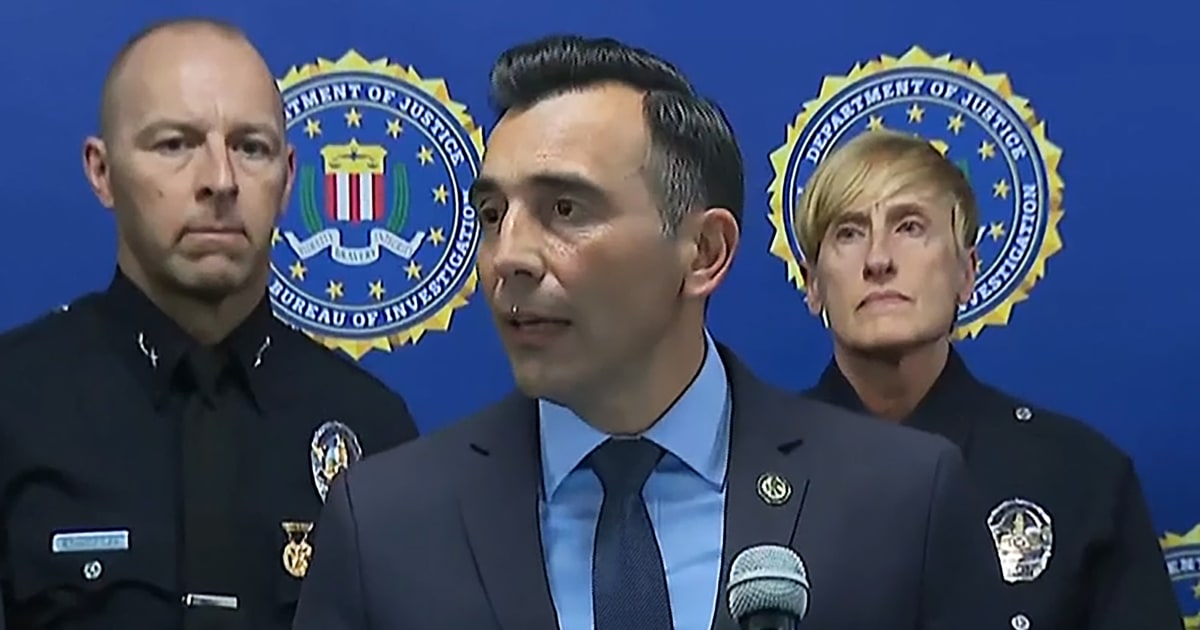The British pound tumbled more than 1% against the euro and the U.S. dollar on Thursday after a The Guardian report that Bank of England Governor Andrew Bailey suggested more positive inflation data could lead the central bank toward a more aggressive approach to interest rate cuts.
Sterling was down 1.17% to $1.3109 at 10:05 a.m. in London, hitting its lowest intraday level since Sept. 12. The U.K. currency was buoyed following the BOE’s September meeting on Sept. 19, as British policymakers struck a more hawkish tone that those at the U.S. Federal Reserve.
Bailey told the Guardian newspaper in an interview published on Thursday that the BOE could become “a bit more activist” in its approach to rate cuts if inflation developments continued to be good.
He also said he was encouraged that cost of living pressures had not been as persistent as previously thought, according to the Guardian.
CNBC has reached out to the BOE for comment on the quotes.
Pound vs dollar.
The pound meanwhile dropped 1.15%. against the euro Thursday, trading at its lowest level since Sept. 20.
That came despite several analysts hiking their outlooks for the pace of European Central Bank rate cuts this year, after euro zone and German inflation prints both came in below 2% this week.
Bank of America Global Research and Moody’s Analytics were among the teams to say they now expected a 25 basis point rate cut from the ECB at its upcoming October meeting, along with a follow-up trim at its next and final gathering of the year in December. BOA Global Research said it now saw the ECB’s deposit rate at 2% by June 2025, a quarter earlier than its previous forecast.
“The pound is sharply underperforming following a surprisingly dovish tone by Bank of England Governor Andrew Bailey in a newspaper interview overnight,” Francesco Pesole, FX strategist at ING, said in a Thursday note. The “pound correction” may extend to the 1.3 mark in the near term as a “probably long-due dovish repricing” meets higher U.S. dollar swap rates, he added.
The Bank of England held its key rate in September, after cutting it by 25 basis points in August to 5%. During the September meeting, the institution expressed concerns about services inflation and the labor market, despite headline inflation hovering near its 2% target.
Money market pricing on Thursday morning suggested a high probability of two more 25-basis-point cuts from the BOE this year.
Read the full article here















